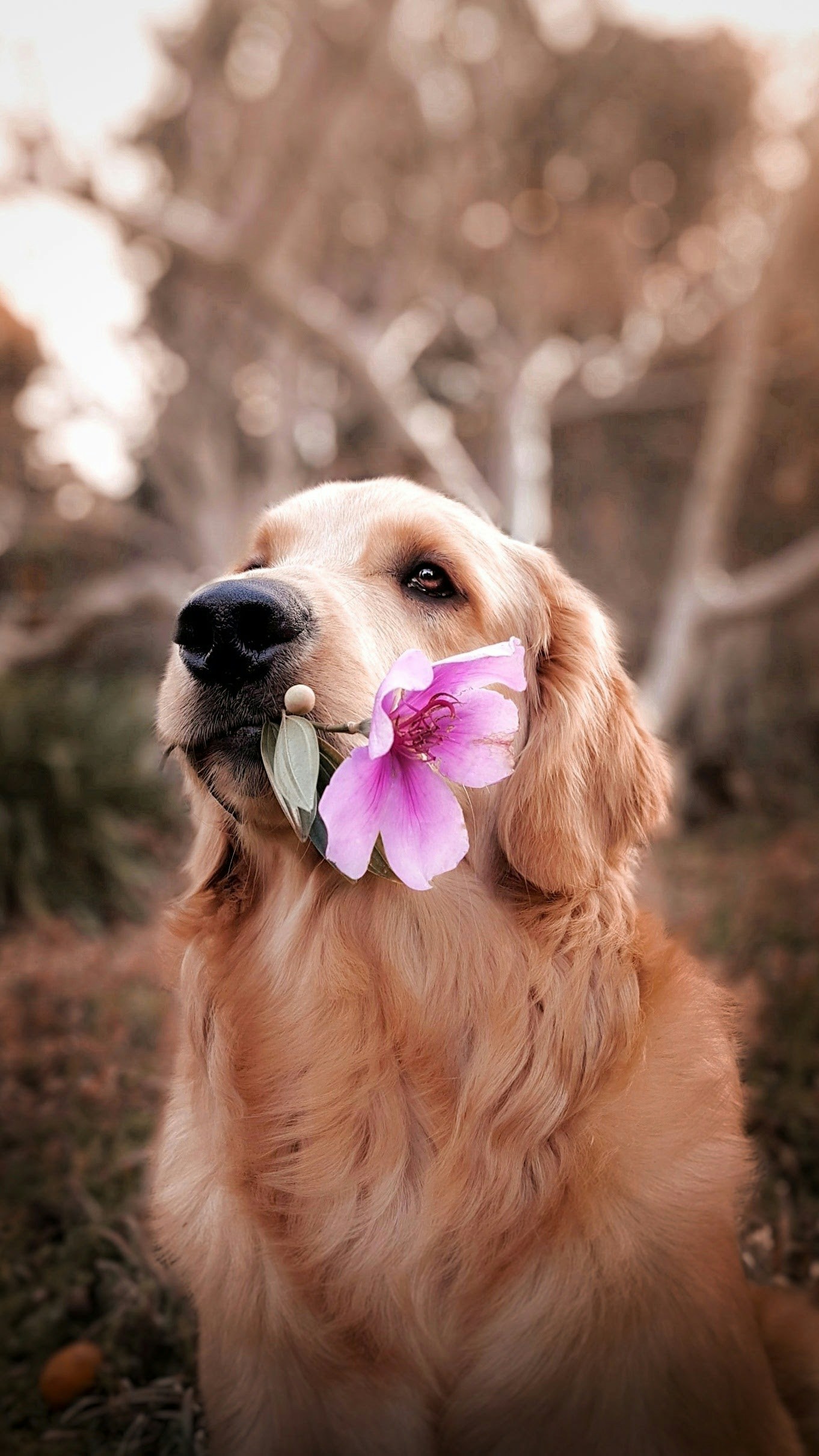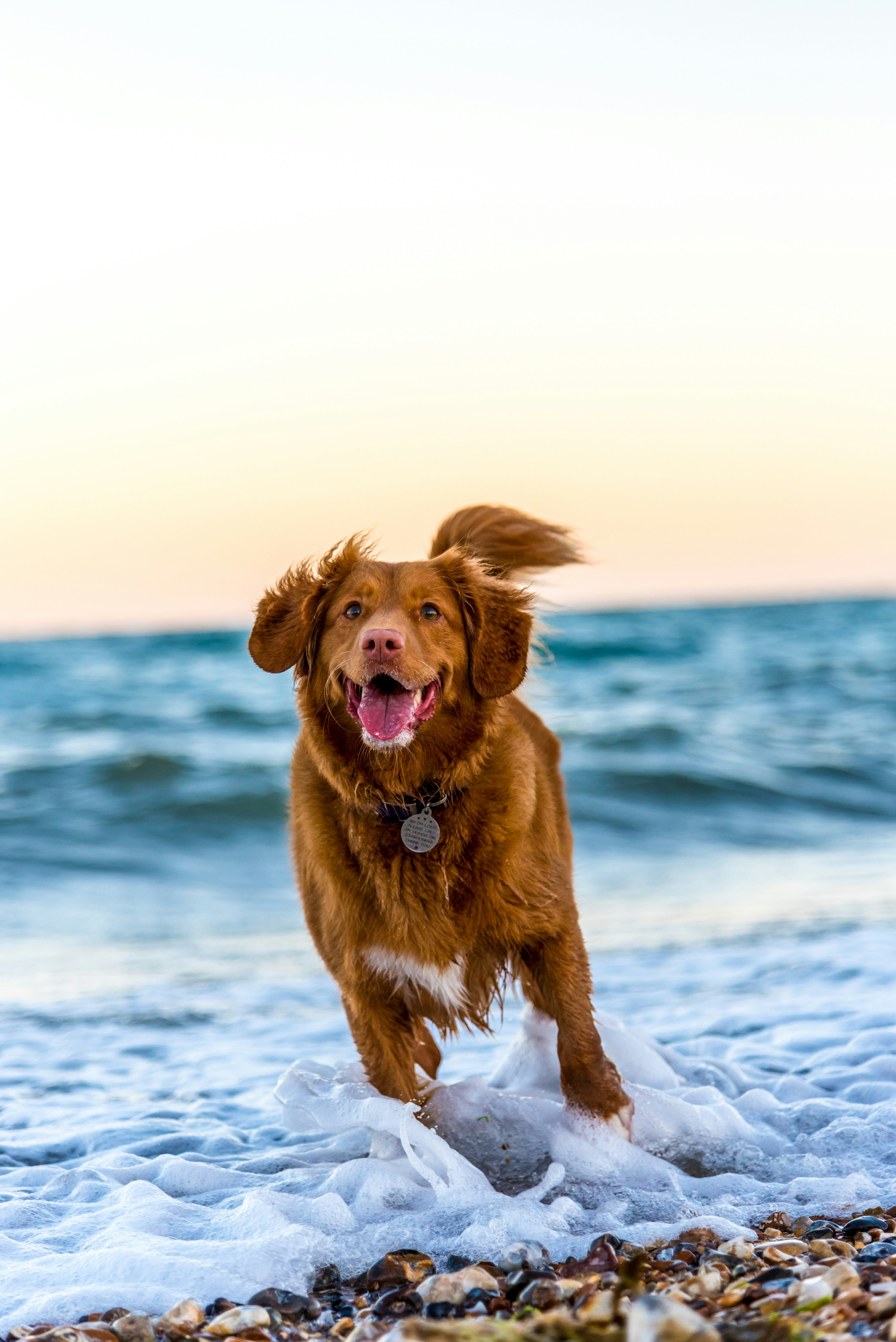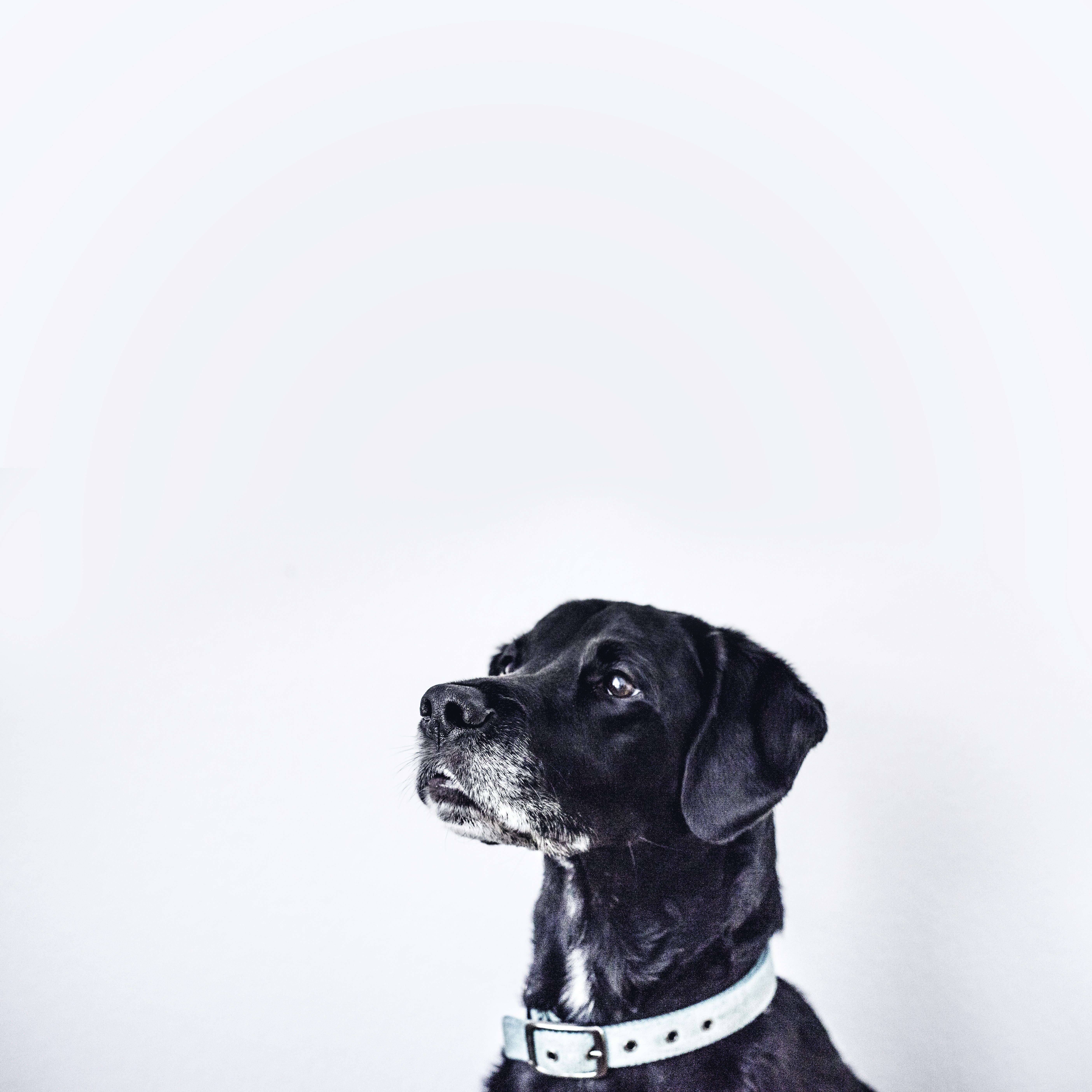Have you ever wondered about dog grooming and what it involves? Well, one important aspect of dog grooming is taking care of their anal glands. You might be wondering, “What are anal glands?” Well, don’t worry, we’re here to help you understand everything you need to know about dog grooming and anal glands. In this article, we’ll explain what anal glands are, why they need to be groomed, and how to do it properly. So, get ready to learn all about this important part of dog grooming!
Understanding the Importance of Anal Glands in Dogs
Hello there! We’re going to talk about something very important for our furry friends today: the anal glands in dogs. These little glands may seem small, but they play a big role in a dog’s health and well-being. In this article, we will explore the location and function of dog anal glands, common problems that can occur, how to recognize the signs of anal gland issues, preventative care, grooming techniques, and the future of anal gland care. Let’s dive in!
Location and Function of Dog Anal Glands
Locating the Anal Glands
Dogs have two anal glands, one on each side of their anus, which is the opening where they go potty. These glands are located just under the skin and are about the size of a pea. You can’t see them from the outside, but you can feel them if you gently rub the area around your dog’s anus.
The Purpose of Dog Anal Glands
Now, you may be wondering, “What do these tiny glands do?” Well, they have an important job. The anal glands produce a smelly liquid that helps dogs mark their territory and communicate with other animals. It’s like leaving a message for their furry friends or potential enemies.
How Anal Glands Work
When a dog goes poop, the pressure from their muscles squeezes the anal glands, causing a small amount of the liquid to come out. This is completely normal and happens automatically. However, sometimes things can go wrong with the anal glands, which can cause discomfort and health issues.
Common Problems with Dog Anal Glands
Anal Gland Impaction
One of the most common issues dogs can face with their anal glands is called anal gland impaction. This happens when the liquid inside the glands becomes too thick or the openings of the glands get blocked. Imagine if your toothpaste tube got clogged, and you couldn’t squeeze any toothpaste out. It can be pretty uncomfortable!
Anal Gland Infection
Another problem that can occur is anal gland infection. When the gland becomes blocked or irritated, bacteria can grow inside, causing an infection. This can be painful for our furry friends and may require medical treatment from a veterinarian.
Anal Gland Abscess
Sometimes, if an infection is not treated promptly, it can develop into an abscess. An abscess is a pocket of pus that forms under the skin. This can be quite serious and may even require surgical intervention to drain the pus and provide relief for the dog.
Anal Gland Tumors
Although not as common, dogs can also develop tumors in their anal glands. These tumors can be benign (non-cancerous) or malignant (cancerous). It is essential to have any unusual growths checked by a veterinarian to determine the appropriate course of action.
Recognizing the Sign of Anal Gland Issues
Signs of Anal Gland Impaction or Infection
Our furry friends can’t tell us when they are feeling uncomfortable, so as pet owners, it’s important for us to keep an eye out for signs of anal gland issues. Some common signs include:
- Scooting their bottom along the ground
- Excessive licking or biting around their anus
- Foul odor coming from their behind
- Swelling or redness around the anal area
If you notice any of these signs, it’s time to take action and help your dog feel better.
Noticing Behavioral Changes
In addition to physical signs, dogs may also exhibit behavioral changes if they are experiencing discomfort from their anal glands. They may become irritable, restless, or have difficulty sitting down. It’s essential to pay attention to these changes and seek veterinary advice if needed.
Seeking Veterinary Intervention
If you suspect your dog has a problem with their anal glands, it is crucial to seek veterinary assistance. A trained professional can examine your dog and determine the best course of action. They may need to manually express the glands or prescribe medication to treat any infections or inflammation.
Preventative Care for Anal Glands
Maintaining Anal Gland Health
Just like humans, dogs also need regular maintenance to keep their anal glands healthy. Maintaining a healthy weight, providing a balanced diet, and ensuring they have regular exercise can aid in keeping their anal glands working properly. A healthy lifestyle is key!
Preventing Anal Gland Impactions
To help prevent anal gland issues, some pet owners choose to add fiber to their dog’s diet. Fiber helps keep the poop firm, which puts more pressure on the anal glands when they go potty. This helps the glands empty naturally, reducing the risk of impaction.
Diet And Exercise For Anal Gland Health
A well-balanced diet and regular exercise can also contribute to a dog’s overall gland health. Ensuring your furry friend is getting all the nutrients they need and engaging in physical activity can help regulate their bowel movements, reducing the risk of anal gland issues.
Grooming Anal Glands: How and When?
Is Regular Expressing Necessary?
Now, you might be wondering if it’s necessary to groom your dog’s anal glands regularly. Well, the answer isn’t a straightforward yes or no. Some dogs naturally have healthy anal glands that don’t require regular grooming, while others may need more attention. It’s best to consult with a veterinarian to determine what is best for your specific dog.
Debate on Groomer Versus Veterinarian Assistance
When it comes to expressing or emptying the anal glands, there is a debate between using a professional groomer or seeking assistance from a veterinarian. Groomers are trained to perform this procedure and can help maintain your dog’s anal gland health. However, if your dog has pre-existing anal gland issues or shows signs of infection, it is always best to consult with a veterinarian for a proper diagnosis and treatment plan.
Steps For Expressing at Home
If your veterinarian advises you to groom your dog’s anal glands at home, it’s essential to understand the proper technique. Always remember to be gentle and patient. Here’s a step-by-step guide:
- Put on disposable gloves to protect yourself and your pet.
- With one hand, lift your dog’s tail to expose the anus.
- Using a clean tissue or gauze, apply gentle pressure to the sides of the anus towards the glands.
- You may see a small amount of liquid release. If not, do not continue to apply pressure as this can cause injury.
- If you have any concerns or your dog shows signs of discomfort, stop and contact a veterinarian.
Remember, proper training and guidance from a professional are important before attempting anal gland grooming at home.
Professional Grooming Services for Anal Glands
What to expect from a Professional Groomer
If you decide to take your dog to a professional groomer for anal gland grooming, it’s essential to know what to expect. Here’s a general idea:
- The groomer will conduct a visual examination of your dog’s anal glands to check for any abnormalities or signs of infection.
- Based on their findings, they will determine if your dog’s anal glands need to be expressed.
- Using gloves and a sterile technique, they will gently empty the glands by applying pressure in a controlled manner.
- Some groomers may also offer additional services, such as a soothing wipe and deodorizing spray to keep your furry friend fresh and comfortable.
When to Rely on Veterinary Professionals
While groomers can help with routine anal gland maintenance, there are times when veterinary professionals are the best choice. If your dog has recurring or severe anal gland issues, it is always best to consult with a veterinarian. They have the expertise to diagnose and treat complicated cases, ensuring your dog receives the most appropriate care.
Choosing the Right Grooming Service
When choosing a grooming service for your dog’s anal gland care, it’s important to do your research. Read reviews, ask for recommendations from other pet owners, and inquire about the groomer’s experience and training in handling anal gland issues. You want to ensure that your furry friend receives the best care possible.
The Risks Involved in Anal Gland Grooming
Potential Risks and Complications
While anal gland grooming can be beneficial, it’s essential to understand that there are potential risks and complications associated with the procedure. Excessive or improper pressure can cause injury to the anal glands or surrounding tissues. That’s why it’s important to have someone properly trained perform the grooming, whether it’s a groomer or a veterinarian.
Why It’s Not Always Recommended
For some dogs, anal gland grooming may not be necessary or recommended. If your dog has healthy anal glands that empty naturally, excessive manipulation or grooming can disrupt the delicate balance and cause issues. It’s always best to consult with a professional to determine the appropriate grooming protocol for your furry friend.
The Aftermath of Improper Grooming
Improper grooming of anal glands can lead to additional problems and discomfort for your dog. If the glands are not emptied fully, it can result in ongoing impaction or infection. That’s why it’s crucial to seek proper guidance and assistance to ensure your dog’s anal glands are taken care of correctly.
The Future of Anal Gland Care
Modern Techniques for Anal Gland Treatment
Advancements in veterinary medicine are constantly evolving, and this includes the care and treatment of anal glands in dogs. Veterinarians now have access to modern techniques that help diagnose and treat anal gland issues more effectively. These techniques may include imaging studies, such as ultrasound, and advanced surgical procedures if necessary.
Possible Surgeries and their Indications
In some cases, surgery may be necessary to address severe or chronic anal gland problems. For example, a procedure called anal sacculectomy may be recommended to remove the anal glands altogether if they are causing significant issues or recurrent infections. However, surgery is typically a last resort and will only be considered when all other treatment options have been exhausted.
Exploring Alternative Therapies
In addition to traditional treatments, alternative therapies such as acupuncture or herbal remedies are sometimes used to help manage anal gland issues in dogs. These therapies can provide additional support and relief, but it’s important to consult with a veterinarian before pursuing any alternative treatments.
FAQs on Dog Grooming Anal Glands
Commonly Asked Questions
- How often should I have my dog’s anal glands groomed?
- Can I groom my dog’s anal glands at home?
- Are there any dietary changes I can make to prevent anal gland problems?
- What are the signs of anal gland tumors?
Disputable Facts
While there are many facts about anal gland care that are widely accepted by veterinary professionals, there are still some points of debate and ongoing research. For example, the role of diet in preventing anal gland issues and the effectiveness of alternative therapies are areas where scientists are continuously seeking more information and evidence.
Educating Dog Owners on Anal Gland Care
Taking care of our furry friends includes being knowledgeable about their health, and that includes their anal glands. By educating ourselves and other dog owners about the importance of anal gland care, we can help prevent discomfort and potential health issues for our beloved pets.
So let’s make sure we keep an eye on our furry friends’ behinds, watch out for any signs of discomfort, and seek professional help when needed. By doing so, we can ensure our dogs have happy, healthy, and well-functioning anal glands. Woof woof!







